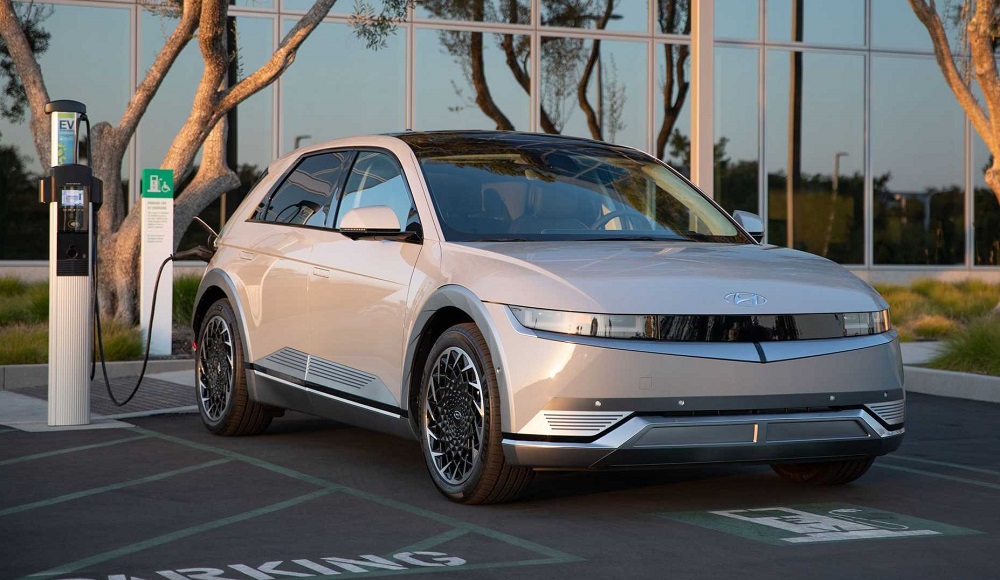Using Microsoft’s cloud service Azure, Hyundai created digital twins of actual electric vehicles (EVs) with the aim to improve the accuracy of battery lifespan prediction and customize battery management systems for each EV model. Based on the project’s success, Hyundai will implement digital twin technology as a way to improve battery performance going forward.
Through this collaboration, Hyundai
created digital twins of EVs in a virtual space based on various driving
data collected from actual EVs in the real world, and used the virtual
EVs to predict the battery lifespan of each vehicle. This high-level,
data-integrated analysis model uses artificial intelligence (AI),
machine learning and physical models to comprehensively analyze
information, such as charging and discharging cycles as well as parking
and driving environments. Compared to a typical battery management
system that simply calculates current performance, digital twin
technology proved to be more accurate by continuously recalculating and
analyzing various factors based on actual vehicle driving history.
By
using digital twins, Hyundai expects to devise customized battery
management measures for each vehicle to help maintain optimal
performance. The project also implemented technologies that provide
advice in the form of messages to help customers better manage vehicle
performance, such as ‘Use slow charging when you have time,’ ‘Speed
affects battery life’ and ‘Ventilation seats are more energy efficient
than continually using air conditioners.’
In addition to this
project, Hyundai is researching other ways to improve batteries and EV
performance and plans to review application of related technologies in
mass production.





















